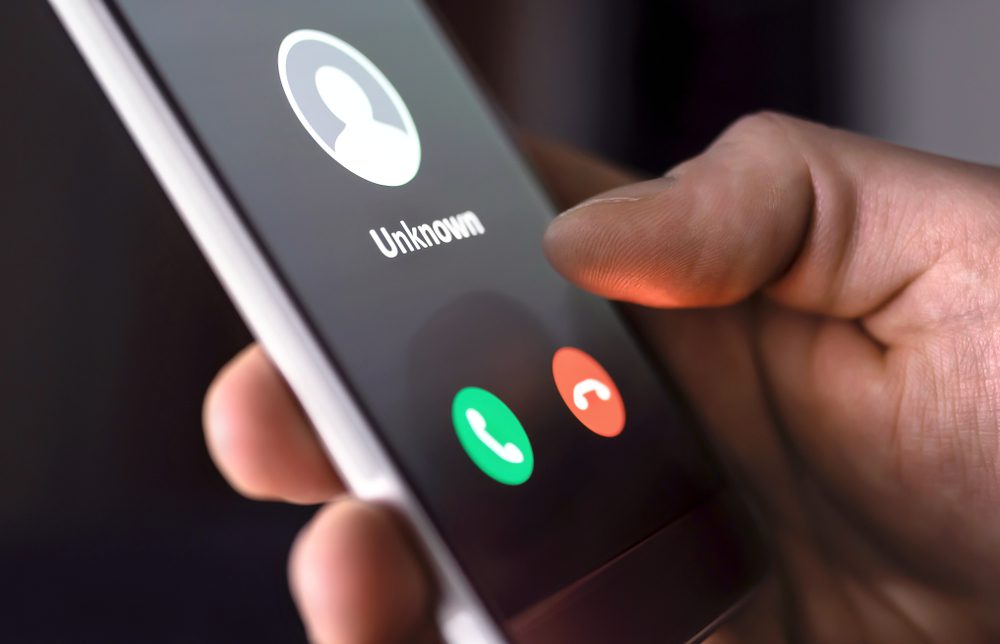
Ask to Call Back
Cyberthieves also use robots to scam their victims. If you receive strange calls or voicemails, do not return the calls to provide personal information to qualify for COVID-19 relief loans. It’s the fraudsters’ way of filling in the missing pieces of your personal information. Just hang up.
“You should be wary of anyone claiming to be a company helpdesk agent that is excessively pushy or unwilling to properly identify themselves,” Attila Tomaschek, a researcher at ProPrivacy, a network security firm. “Instead of engaging with such an agent over the phone or through an email that just doesn’t seem right, email or call your corporate IT department directly to get the help you need.”
Spence’s wife, for example, received a call from their bank recently but “the weird thing was, the person on the other line never mentioned her name, and, second, he knew her bank account information,” Spence says. “He was very savvy and said, ‘I’m about to send you a link. Click on it, and I’ll send you a code so we can stop a fraudulent transaction.'” Luckily, his wife decided to contact the bank directly and ask about the legitimacy of the call.
Takeaway: Don’t give your personal information to someone on the phone. “If you get a call, say, ‘Can I hang up and call you back?'” Spence says.
























